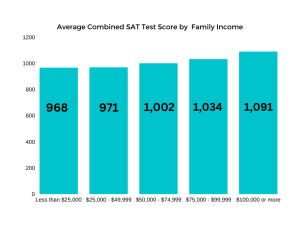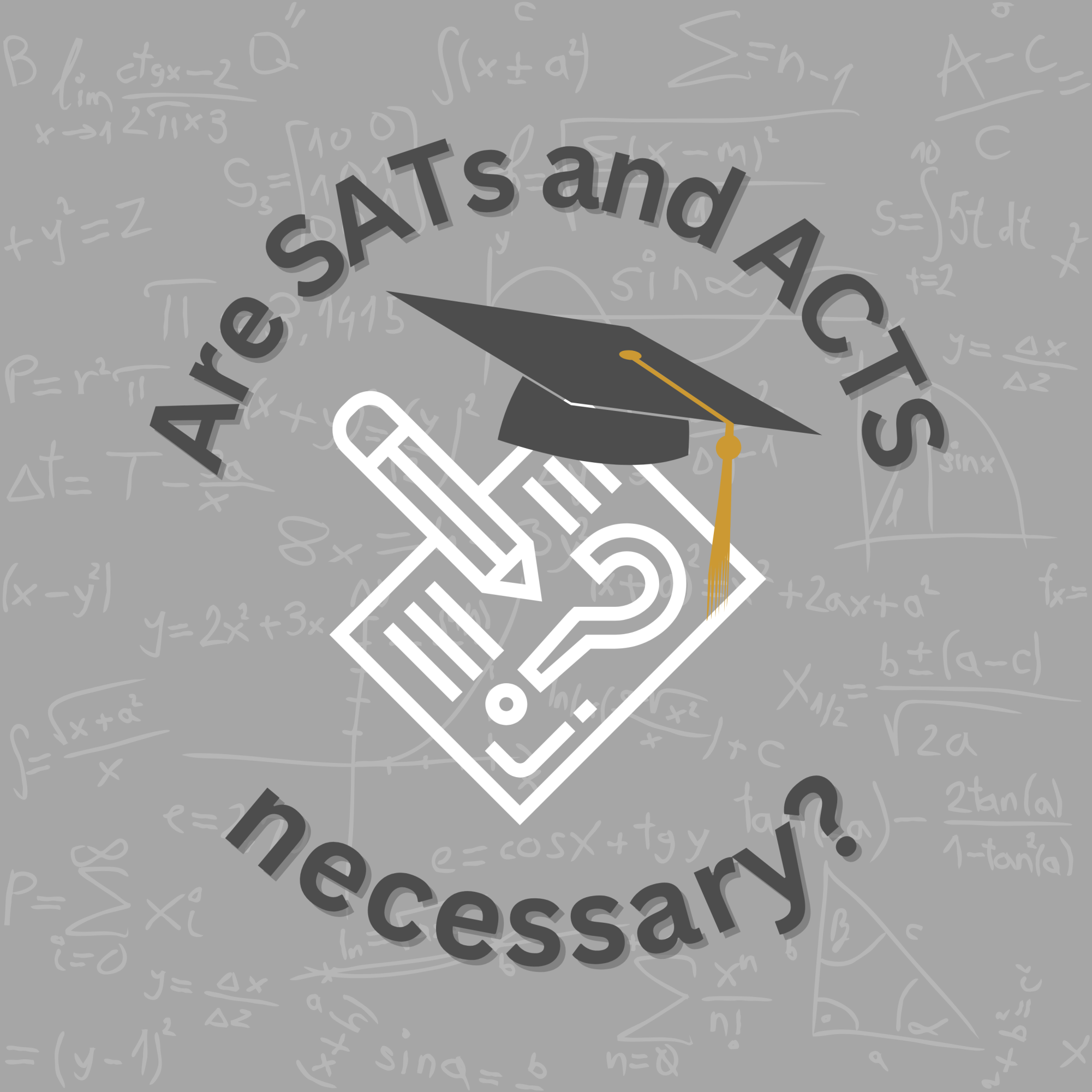In February, Yale University had announced they are no longer a test optional school. Students would be required to either include their test scores or, in place, report Advanced Placement or International Baccalaureate exam scores to their applications.
Both Dartmouth College earlier in February and MIT in 2022 had also made the change of removing the test-optional policy. These colleges have pointed to new research showing that these test scores are helpful with benefitting low-income and/or marginalized students.
SATs and ACTs are less indicators of student achievement than access to resources to help prepare for the test, and increasingly recognized this was not a useful tool to understand potential students. — Dr. Sarah Stanlick, Ph.D.
Starting as early as the late 60s, colleges started becoming test-optional, where students had the choice of whether or not to submit their standardized test scores. The first college to do this was Bowdoin College of Maine in 1969. In was reported that 44% of the school’s 2027 class chose not to submit their test scores.
Bowdoin has a graduation rate of 95%, placing it in the top 5% of colleges and universities. This brings the question, why are schools beginning to remove their test-optional policy? It has been proved that students can still be successful without them.
The first STEM college to go test optional was Worcester Polytechnic Institute in 2007. Later in 2021, the university decided to go test blind. The university believes that SATs and ACTs are not a true indicator of student success due to a multitude of factors including access to resources, class, gender, first-gen status and personal history.
“SATs and ACTs are less indicators of student achievement than access to resources to help prepare for the test, and increasingly recognized this was not a useful tool to understand potential students,” Dr. Sarah Stanlick, assistant professor at WPI, said.
Students have a lot more to them than test scores like what clubs they participate in, how they have helped their communities and extracurricular activities. Many students may not have access to the same resources as others whether it be because of financial issues, working a part-time job, or various other factors.
Studies have shown that SATs are not the most accurate measurement of student potential. Rather it is a student’s GPA that is a better tool. Their GPA can demonstrate growth and improvement over time, while the SAT is a “one and done” situation.
More recently, issues have been rising with the new digital format of the SAT. Different sections, specifically the math section, are made to be more difficult in some cases. The test is computer adaptive, which means it will become more difficult for each question the test-taker gets right.
“Testing is one of many ways that applicants build a story of their readiness for college, but it is not a predictor of success, nor is it always an accurate representation of the applicant,” Stanlick said.
The SAT specifically focuses on only reading comprehension, writing, and mathematics, which isn’t a wide range of topics to truly or fairly test students. This can’t fully predict a students’ potential in all areas when only three areas are being tested.

“The SAT only focuses on a very specific subset of your learning-namely reading comprehension, writing, and mathematics (and only select mathematics, too),” Stanlick said. “The breadth of expertise and achievement that students could have is not fully reflected in the SAT or ACT.”
These top universities’ rationales to changing their policies contradict the anti-testing movement, which holds that tests are a disservice to students from disadvantaged backgrounds. The reason being that these tests can be unintentionally discriminatory. Statistics have shown that students with a family income of $100,000 or more are over two times more likely to have a combined test score of 1400-1600 than a student with a family income of $50,000.
“Students from low-income families and other less advantaged backgrounds have lower standardized test scores and are less likely to take the test than students from higher income families,” a group of Harvard economists said.
Another issue arises within students with ADHD. These standardized tests require intense focus for long periods of time with few breaks. For those with inattentive ADHD, a task like this could be impossible. Some may have the accommodation of extra time on the test, however for those who do not have this, test day can prove quite a challenge, causing them to possibly score lower.
This disadvantage could be applied to many different types of mental health disorders including, and not limited to anxiety, autism, dyslexia and dyscalculia.
There are many more aspects to a student than just their test scores, such as their work ethic, discipline and dedication. To be basing them off of one test is completely overlooking the rest of their potential. It’s similar to judging a book by its cover.
“Eliminating that inaccurate, variable indicator of student academic performance instead focuses the admissions process on understanding the whole student and prioritizing their application’s exemplification of interests, passions, unique experiences and transformative potential,” Stanlick said.









